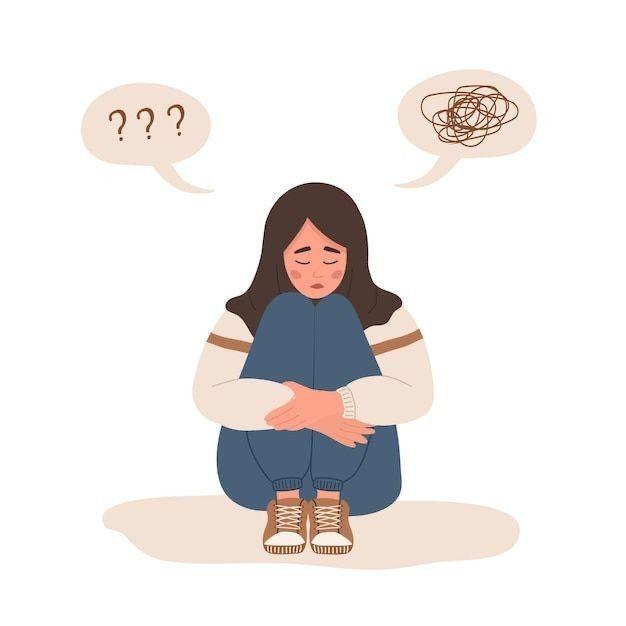
Whenever I’m invited to speak about mental health, one question comes up almost every time: What is the difference between mental illness and a mental health issue? The terms “mental illness” and “mental health issue” are often used interchangeably, but they actually refer to different experiences and conditions. Understanding these differences can help us better support ourselves and those around us.
Mental illness refers to diagnosable conditions that significantly affect a person’s thinking, mood, or behaviour. Conditions like depression, anxiety disorders, bipolar disorder, and schizophrenia fall under this category.
These illnesses can have a profound impact on a person’s daily life and typically require professional treatment, such as therapy, medication, or, in some cases, more intensive interventions like hospitalization.
Diagnoses are made by healthcare professionals using standardized criteria such as those found in the Diagnostic and Statistical Manual of Mental Disorders (DSM-5) or the International Classification of Diseases (ICD-10).
The healthcare professionals assess symptoms and their impact on daily functioning and come up with treatment plans that are tailored to each individual’s specific needs. As I often emphasize, mental health is not a one-size-fits-all matter—my symptoms may not necessarily be the same as someone else’s.
On the other hand, a mental health issue is a broader term that covers a wide range of emotional, psychological, or social challenges people may experience. This could involve temporary feelings of stress, anxiety, sadness, or grief that don’t necessarily qualify as a diagnosable mental illness.
For example, feeling anxious before a big event or experiencing sadness after a loss are common mental health issues. These can often be managed with support from friends and family, self-care strategies, lifestyle changes, and, sometimes, counselling.
The key differences between the two include their severity, duration, and the level of treatment required. Mental illnesses tend to be more severe, often chronic, and usually require professional intervention.
In contrast, mental health issues are often temporary, less severe, and might not require intensive treatment.
Recognizing these distinctions is crucial. It helps us understand when professional help is necessary and when lifestyle adjustments and community support may be sufficient.
This understanding also fosters open conversations about mental health, which can reduce stigma and promote a more supportive environment for everyone.
By being aware of these differences, we can better navigate the complexities of mental health and work towards a society that is informed, compassionate, and supportive of all mental health journeys.

